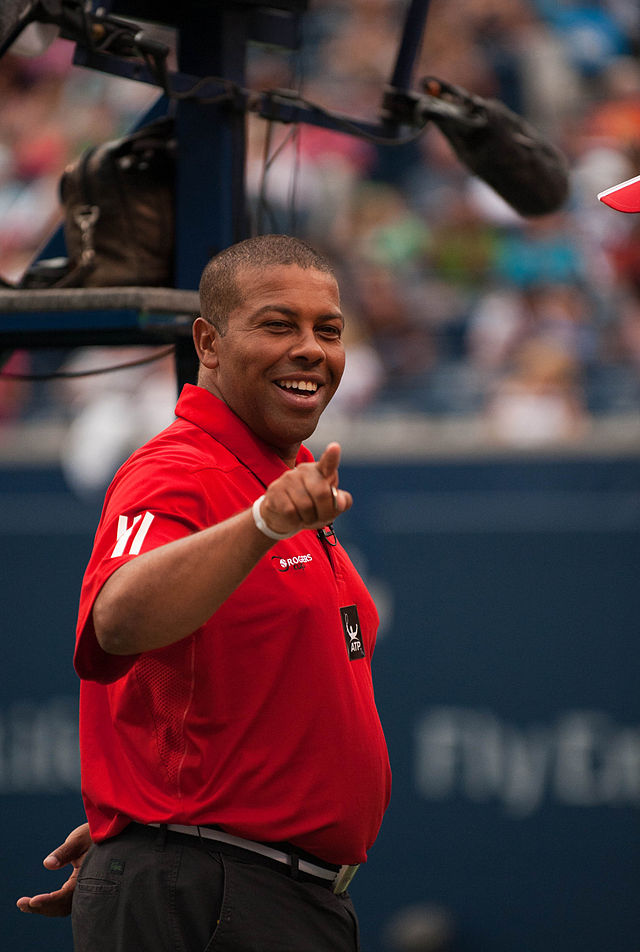Opinion
February 1, 2025 — 9.30am
February 1, 2025 — 9.30am
It’s a vexed question, as to the smattering of rights a ticketed spectator enjoys after buying entry to a sporting event.
On one hand, that person is a paying customer. Even the nosebleed tickets for the Australian Open tennis finals last weekend were ridiculously expensive; the best seats in the house each night traded for thousands.
Say what you want, but the total prizemoney pool for the Australian Open wouldn’t nudge being 3 per cent of the $96.5 million it was this year if nobody bought tickets or watched on TV.
Events like the AO generate revenues in orthodox and fixed ways: by selling media rights; by entering into sponsorship, commercial rights and merchandise deals; and through spruiking tickets to paying spectators. Advertisers aren’t going to pay millions to plug their products to a worldwide market if nobody’s watching.
On the other hand, Rod Laver Arena is, at least for the last two weeks of January each year, a workplace for tennis players.
Nobody would seriously countenance the great unwashed, perched in the public gallery of a courtroom, being green-lit to jeer and hiss at the lawyers presenting arguments and cross-examining witnesses, even if better and more efficient justice were to be the byproduct. Yet hectoring professional athletes during a tennis match is almost de rigueur.
Novak Djokovic waves goodbye as he leaves Rod Laver Are
Read More

